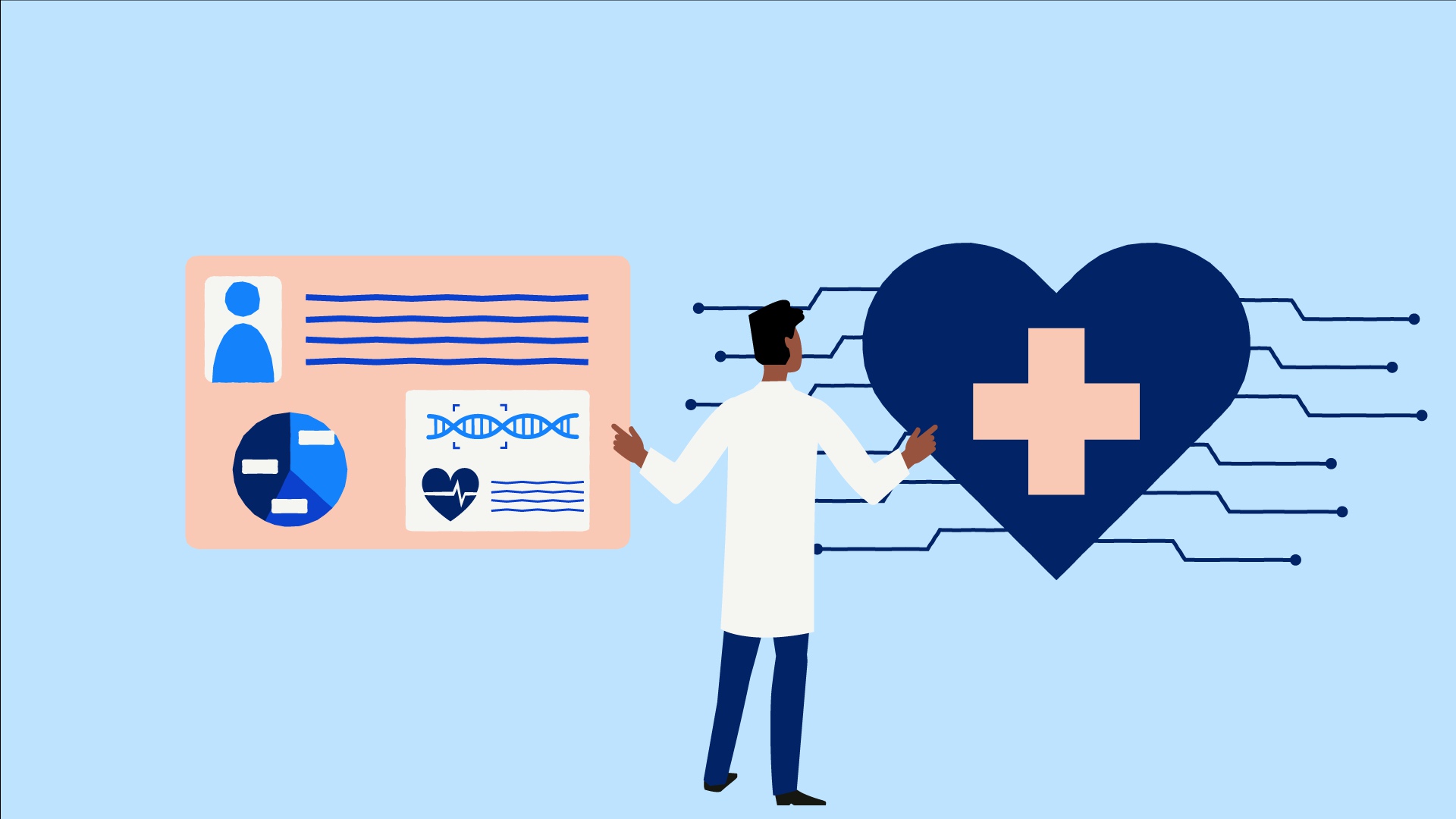
@ShahidNShah


Embracing digital tech and adopting a data-driven approach to healthcare, could help improve patient care and workplace efficiencies.
Read on healthcaretransformers.com
A survey conducted by the Harvard Business Review Analytic Services (HBRAS) reveals that healthcare professionals believe data-driven healthcare can lead to more personalized healthcare approaches for patients and doctors. However, despite increased investment in the required infrastructure over the past three years, several challenges are hindering full implementation of data-driven healthcare. These challenges include interoperability issues, data silos, and a lack of analytical skills.
The survey included responses from 757 healthcare industry professionals who are familiar with their organizations' use of health data and digital technologies. While 94% of respondents see new opportunities in personalized healthcare through data-driven approaches, 43% noted that disconnected or incompatible systems and data remain a major obstacle.
Corinne Dive-Reclus, Global Head of Diagnostics Insights Business, highlighted the main barriers to successful data utilization in healthcare:
Interoperability: Healthcare traditionally relied on paper-based systems, and transitioning to digital tools has been challenging due to the disconnect between the way healthcare professionals work and digital solutions.
Data Entry and Usability: Those entering data often don't directly benefit from it, which can lead to resistance in data entry, especially when it's seen as time-consuming and adds to an already overworked workforce.
To overcome these barriers and foster a data-driven approach, Corinne Dive-Reclus suggests the need to understand how healthcare professionals work and what information they require. Removing burdens, addressing privacy concerns, and learning from other industries that handle sensitive data are key steps.
In response to these challenges, healthcare professionals are encouraged to embrace digital tools that can streamline administrative tasks, freeing up more time for patient-focused care and bringing a more personalized and holistic approach to healthcare. Corinne Dive-Reclus also underscores the importance of gradual implementation, starting with operational data, and gradually delegating tasks to AI and digital tools.
In the end, the goal is to empower healthcare professionals with the tools and infrastructure needed to enhance patient care and improve the efficiency of healthcare operations.
Continue reading at healthcaretransformers.com
One of the areas where AI has the most potential is nurse staffing, an issue that has reached crisis proportions as a result of COVID-19. Read on hitconsultant.net
Posted Nov 6, 2023 Scheduling - Nurse and Staff Artificial Intelligence
Connecting innovation decision makers to authoritative information, institutions, people and insights.
Medigy accurately delivers healthcare and technology information, news and insight from around the world.
Medigy surfaces the world's best crowdsourced health tech offerings with social interactions and peer reviews.
© 2025 Netspective Foundation, Inc. All Rights Reserved.
Built on Apr 17, 2025 at 6:07am